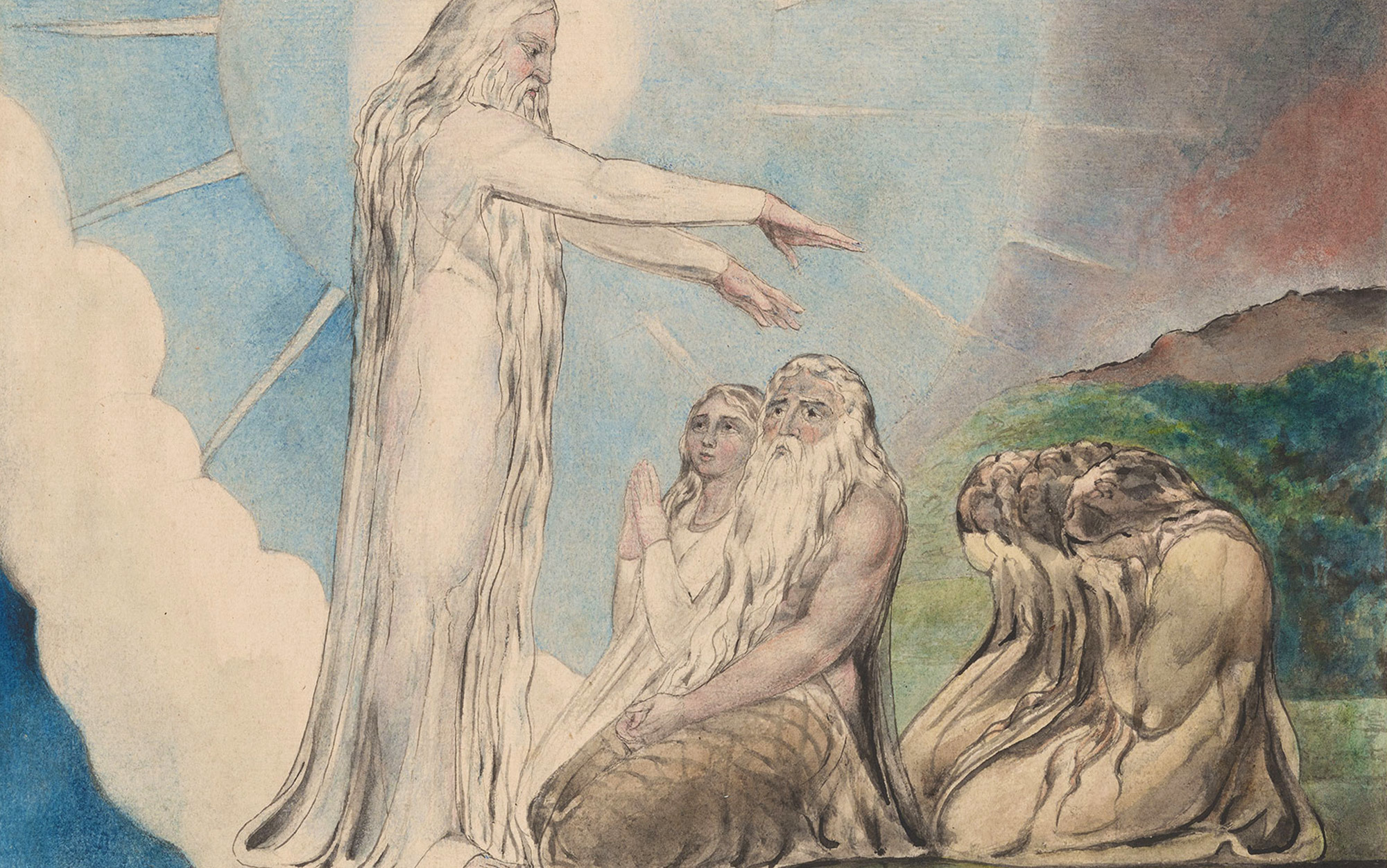Dreams have fascinated human beings for millennia. These enigmatic experiences occur during our slumber, transporting us to a realm where reality blends with imagination. Throughout history, dreams have been attributed to divine messages, spiritual guidance, and profound reflections of the soul. In this article, we will explore how religion has played a significant role in shaping the content and interpretations of our dreams.
Historical and Cultural Perspectives on Dreams
Before delving into the influence of religion on dreams, it is essential to examine the historical and cultural significance of dreams in different societies.
Dreams in Ancient Civilizations
Ancient civilizations like Mesopotamia, Egypt, and Greece placed great importance on dreams. In Mesopotamia, dreams were believed to be messages from the gods and were often recorded on clay tablets. Egyptians considered dreams to have prophetic significance and believed that they provided insights into the afterlife. In Greece, dreams were viewed as direct communications from the divine, influencing decisions and actions.
Dreams in Eastern Religions
In Eastern religions, dreams have held spiritual significance for centuries.
- Hinduism: In Hinduism, dreams are believed to be the soul’s journey to different realms and dimensions. They can offer insight into one’s karma and guide them towards spiritual growth.
- Buddhism: Buddhists consider dreams to be a reflection of one’s subconscious mind. Through meditation and dream analysis, individuals seek enlightenment and gain deeper awareness of their thoughts and actions.
- Taoism: Taoists believe that dreams are a bridge between the mortal world and the immortal realm. Dreams are seen as a means of connecting with deities and ancestors.
Dreams in Abrahamic Religions
The Abrahamic religions, including Judaism, Christianity, and Islam, also acknowledge the spiritual significance of dreams.
- Judaism: In the Hebrew Bible, dreams are mentioned several times, and they are often seen as a means of divine communication. Joseph’s dreams in the Book of Genesis are a well-known example.
- Christianity: In Christianity, dreams have been associated with divine revelations and prophecy. The Nativity story includes several instances of divine messages delivered through dreams.
- Islam: Muslims believe that dreams can be a form of revelation from Allah. The Prophet Muhammad’s Night Journey to Jerusalem and subsequent ascent to the heavens are an essential part of Islamic tradition and were experienced as a dream.
Religious Concepts of Dreams
Within religious contexts, Discover PsychoSick dreams are often interpreted as more than mere random occurrences during sleep. They are imbued with spiritual meanings and can provide insights into higher realities.
Dreams as Divine Messages
One prevalent belief across religions is that dreams can convey divine messages and guidance.
- Prophetic Dreams: Many religious figures and historical leaders have claimed to receive prophetic dreams that foretell future events or offer warnings. These dreams are often interpreted as guidance from a higher power.
- Visions: Visions are similar to dreams but are more intense and vivid. They are believed to provide profound spiritual insights and are often experienced during deep meditation or altered states of consciousness.
Dreams as a Path to Enlightenment
For spiritual seekers, dreams can be a pathway to enlightenment and spiritual growth.
- Spiritual Guidance: Dreams can offer guidance to individuals on their spiritual journey. They might receive direction on the next steps to take or gain clarity about their life purpose.
- Receiving Blessings: In some religious traditions, dreams are considered a means of receiving blessings or spiritual gifts from deities or spiritual beings.
Dreams as a Reflection of the Soul
Many spiritual beliefs view dreams as a reflection of the soul’s experiences beyond the physical realm.
- Soul Travel: Some traditions propose that during dreams, the soul leaves the body and travels to different planes of existence or interacts with spiritual entities.
- Astral Projection: Astral projection is a phenomenon where individuals believe they can leave their physical body and travel in the astral plane during dreams or meditation.
Neuroscientific Perspectives on Religious Dreams
While religious and spiritual interpretations of dreams have persisted for centuries, modern science seeks to understand these phenomena through a neuroscientific lens.
The Science of Dreaming
Neuroscientists have made significant strides in understanding the brain activity during dreaming. Dreams primarily occur during the rapid eye movement (REM) stage of sleep, where the brain exhibits heightened activity similar to wakefulness.
Neurological Explanations for Religious Experiences in Dreams
Neuroscientists have attempted to explain religious experiences during dreams through brain functions and chemistry.
- Role of the Limbic System: The limbic system, responsible for emotions and memory, plays a crucial role in religious experiences during dreams. It influences the perception of divine presence and profound spiritual feelings.
- Neurotransmitters and Religious Experiences: Chemicals such as serotonin and dopamine are associated with religious and mystical experiences. These neurotransmitters may contribute to the intensity and significance of religious dreams.
Despite these neurological explanations, the profound impact of religious dreams on individuals cannot be dismissed solely as brain activity.
The Role of Faith in Shaping Dreams
Religious beliefs and the level of faith can significantly influence the content and interpretation of dreams. People who deeply adhere to religious teachings are more likely to experience dreams with spiritual themes and meanings.
Shared Religious Dream Archetypes
While the specifics of religious dreams may differ across cultures and faiths, some archetypal symbols recur across religious traditions.
Archetypal Symbols Across Religions
Various symbols hold profound spiritual significance across different religions.
- Water: Often associated with purity, cleansing, and renewal, water appears in religious dreams as a symbol of spiritual transformation and rebirth.
- Light: Symbolizing divine illumination, light in dreams signifies enlightenment, truth, and the presence of the divine.
- Sacred Beings: Dreams featuring encounters with angels, deities, or revered figures hold significant spiritual meaning and are seen as direct communications from the divine.
Dream Journeys to Sacred Places
Religious dreams may also involve journeys to sacred locations, transcending physical boundaries.
- Temples and Churches: Dreams of visiting temples or churches can signify a deeper connection to spirituality and the desire for divine communion.
- Sacred Mountains and Rivers: Dreams involving journeys to sacred mountains or rivers are often seen as spiritual quests or encounters with divine forces.
The Rituals and Practices to Enhance Religious Dreams
Many religious traditions incorporate rituals and practices to enhance the likelihood of experiencing meaningful religious dreams.
Meditation and Dream Incubation
Meditation and dream incubation practices involve entering a state of deep relaxation or concentration to encourage specific dream experiences.
Prayer and Dream Journals
Keeping a dream journal and praying before sleep are common practices in many religions. This helps individuals recall their dreams more vividly and reflect on potential spiritual messages.
Fasting and Dreaming
In some traditions, fasting is believed to purify the mind and body, making it more receptive to divine messages in dreams.
Case Studies: Famous Religious Dreams in History
Throughout history, there have been notable individuals who claimed to have had significant religious dreams.
Saint Augustine’s Conversion Dream
Saint Augustine, one of the most influential Christian theologians, experienced a profound dream that led to his conversion to Christianity. In his dream, he heard a voice saying, “Take and read,” which prompted him to read a passage from the Bible that transformed his life forever.
Muhammad’s Night Journey
The Night Journey, or Isra and Mi’raj, is a pivotal event in Islamic tradition. According to Islamic belief, the Prophet Muhammad was carried from Mecca to Jerusalem and then ascended to the heavens in a divine dream-like experience.
Siddhartha Gautama’s Enlightenment Dream
The Buddha, Siddhartha Gautama, had a profound dream the night before attaining enlightenment. In the dream, he overcame obstacles and temptations, symbolizing his imminent enlightenment and liberation from suffering.
Modern Perspectives on Religious Dreams
In the modern era, religious dreams are still a topic of interest and inquiry.
Dream Interpretation in Contemporary Religions
Many religious leaders and practitioners continue to interpret dreams within the context of their faith, seeking guidance and insight from these experiences.
Psychological Analysis of Religious Dreams
Psychologists have explored the psychological aspects of religious dreams, examining how personal beliefs and experiences shape the dreamer’s perception of these encounters.
Ethical and Moral Considerations in Dream Experiences
Some religious traditions impose ethical and moral guidelines for interpreting and acting upon religious dreams to avoid potential misinterpretations or misuse.
Exploring the Boundaries: Out-of-Body and Near-Death Experiences
Out-of-body experiences and near-death experiences are phenomena that share similarities with religious dreams.
The Debate on the Validity of Religious Dreams
As with many spiritual phenomena, the validity of religious dreams is a subject of debate among skeptics and believers.
Skeptics and Critics
Skeptics argue that religious dreams are merely products of the brain’s neural activity, influenced by cultural and psychological factors.
Defenders and Believers
Believers maintain that religious dreams hold genuine spiritual significance, providing insights into the divine realm and offering spiritual guidance.
Interpreting Religious Dreams: Guidance and Caution
For those who experience religious dreams, seeking guidance and discernment is essential.
Seek Guidance from Religious Authorities
Religious leaders or spiritual advisors can provide valuable insights into the interpretation of religious dreams based on their religious teachings and traditions.
Personal Reflection and Contemplation
Individuals are encouraged to reflect on their dreams personally and contemplate their potential spiritual implications.
Conclusion
Exploring the influence of religion on our dreams reveals the profound connections between the spiritual realm and the dream world. Throughout history and across cultures, dreams have been seen as divine messages, pathways to enlightenment, and reflections of the soul. While science seeks to understand these experiences through neurological explanations, religious and spiritual interpretations continue to shape the way we perceive anher latest blogd interact with the mysterious world of dreams.


Greetings, dear dreamers and seekers of emotional and spiritual healing. I am Aria Blake, a passionate and dedicated professional psychologist…More

